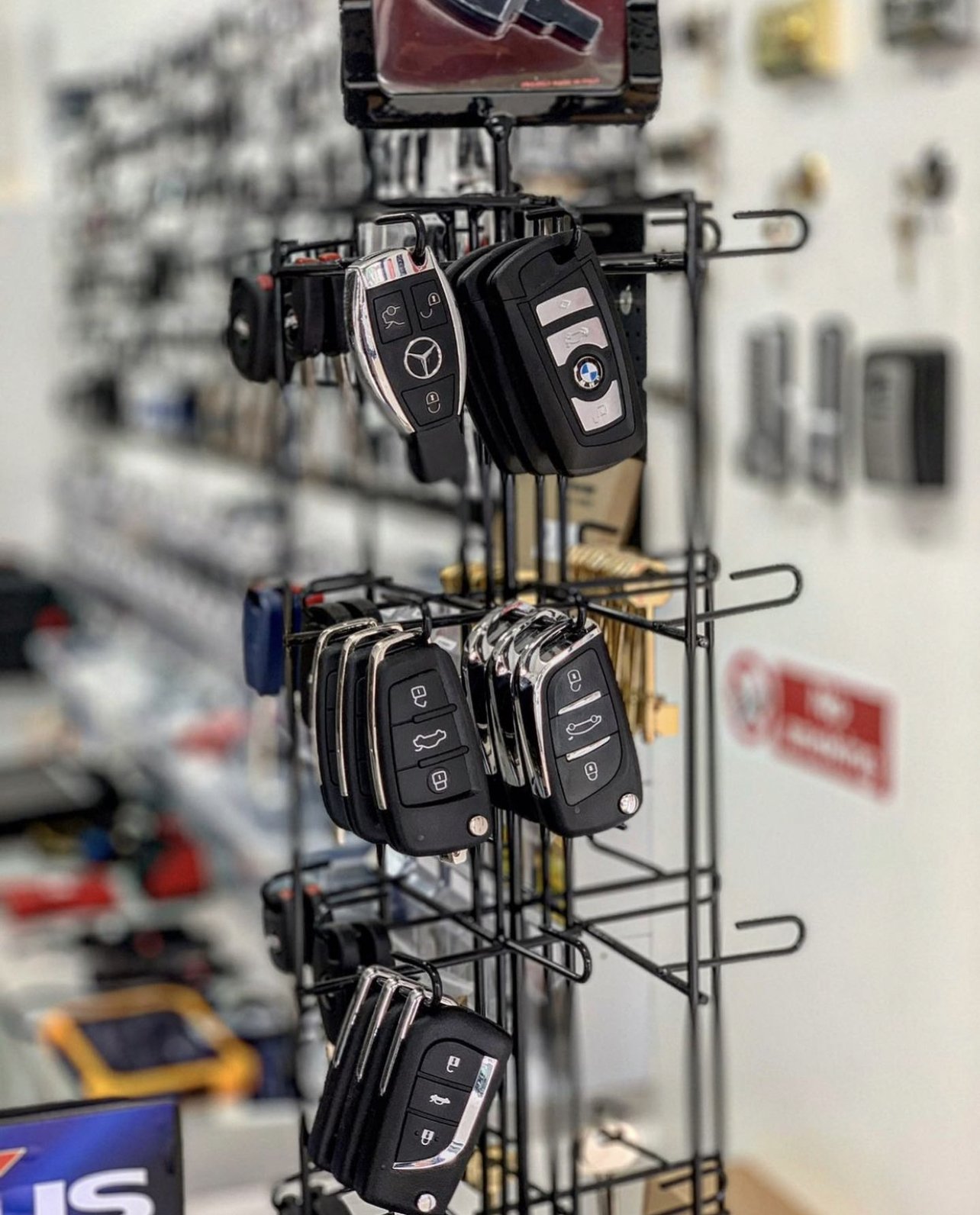Comprehensive Guide to Car Key Replacements: Understanding Your Options
In today's fast-paced world, losing or harming a car key is a significantly typical affair. Car key replacements have actually progressed substantially over the years with developments in technology, and car owners now have a variety of alternatives to think about. This short article will explore the different types of car keys, techniques for replacement, expense ramifications, and other important considerations for car key replacements.
Types of Car Keys
Understanding the kinds of car keys is necessary for understanding the replacement alternatives readily available. Below is a summary of the various types:
| Type | Description |
|---|---|
| Traditional Key | A non-electronic key that mechanically opens the door and ignition. |
| Transponder Key | A key ingrained with a microchip that communicates with the car's ignition system for included security. |
| Key Fob | A push-button control used to unlock doors and begin the engine wirelessly. Typically includes a transponder chip. |
| Smart Key | Allows keyless entry and ignition, utilizing proximity sensing units and advanced technology. |
| Valet Key | A limited key that limits access to specific features of the vehicle, usually used by parking attendants. |
Comprehending the Replacement Process
When it comes to car key replacements, it is vital for car owners to be mindful of the alternatives readily available. The following methods illustrate how car keys can be replaced:
1. Car dealership Replacement
- Process: The vehicle owner goes to the dealer and supplies proof of ownership. The car dealership may require the Vehicle Identification Number (VIN) and additional recognition.
- Pros: Trusted source, guaranteed compatibility, often consists of programs.
- Cons: Typically the most expensive option.
2. Expert Locksmith
- Process: A certified locksmith goes to the car place or runs from their store. They cut and program the replacement key.
- Pros: Generally more affordable than car dealerships and can offer a range of key alternatives.
- Cons: Limited capability for some sophisticated keys and fobs, may not have OEM (Original Equipment Manufacturer) parts.
3. Diy (DIY)
- Process: Car owners can acquire key blanks and programs kits online or from hardware shops. Follow specific guides for programming.
- Pros: Cost-effective and convenient.
- Cons: Risk of mistakes, lack of expert quality, and prospective security concerns.
4. Mobile Key Cutting Services
- Process: Mobile services concern your area to cut and set keys.
- Pros: Convenient and frequently more economical.
- Cons: May need a waiting duration, and costs vary based upon range and service quality.
5. Insurance Coverage
- Process: Some vehicle insurance coverage cover losses due to taken or lost keys.
- Pros: Potentially considerable expense savings.
- Cons: Coverage limits and potential deductibles might use.
Elements Influencing Replacement Costs
The cost of replacing a car key can differ extensively depending upon several factors, such as:
- Type of Key: Traditional keys are generally less pricey to replace than transponder keys or clever keys.
- Design and Make of Vehicle: Luxury and newer designs might have greater replacement expenses due to sophisticated technology.
- Area: The typical market rates for locksmith services or car dealerships can affect prices.
- Key Programming: Programming costs may be different from key cutting expenditures.
Here's a general breakdown of replacement costs:
Estimated Costs of Car Key Replacement
| Key Type | Estimated Cost Range |
|---|---|
| Conventional Key | ₤ 5 - ₤ 25 |
| Transponder Key | ₤ 50 - ₤ 300 |
| Key Fob | ₤ 50 - ₤ 600 |
| Smart Key | ₤ 200 - ₤ 600 |
| Valet Key | ₤ 10 - ₤ 30 |
Essential Considerations
While exploring car key replacements, it's crucial to keep in mind of the following:
- Proof of Ownership: Always have documentation that shows ownership when seeking a replacement.
- Security Concerns: Keep in mind that lost keys position security risks; if there's a concern, think about rekeying locks.
- Guarantee and Insurance: Check if your car is under guarantee and if it covers key replacements.
- Future Security: Consider updating to more safe and secure choices like clever keys if your vehicle supports it.
FAQs About Car Key Replacements
Q1: Can I replace my car key myself?A1: Yes, it is possible to replace your car key yourself, particularly if you order key blanks and have programming tools. However, ensure Replacement Key Fob follow guidelines properly to avoid issues.
Q2: How long does it take to replace a car key?A2: Replacement time depends on the method used. Car dealerships might take longer due to shows, while mobile locksmiths can typically do it on-site within minutes.
Q3: What should I do if I lost my car key?A3: If you lose your car key, examine your needs and pick a replacement approach. Think about contacting a locksmith professional or your vehicle's car dealership for next actions.
Q4: Are replicate keys thought about replacements?A4: No, duplicates are copies of existing keys, while replacements are new keys made when the initial is lost, broken, or not operating.
Q5: Will my car's alarm be affected if I replace the key?A5: It depends upon the key type. Usually, a correctly configured replacement will not impact the alarm system. Nevertheless, Replacement Car Key Fob may require to be synced or programmed to the alarm.
Car key replacements are more simple than they have actually ever been, yet comprehending the different alternatives and their implications can save time and money. By acquainting oneself with the types of keys, the replacement procedure, and prospective costs, car owners can navigate this difficulty with higher ease. Whether deciding for a dealership, locksmith professional, or a DIY technique, remaining notified guarantees smarter decisions for securing automobile access.

